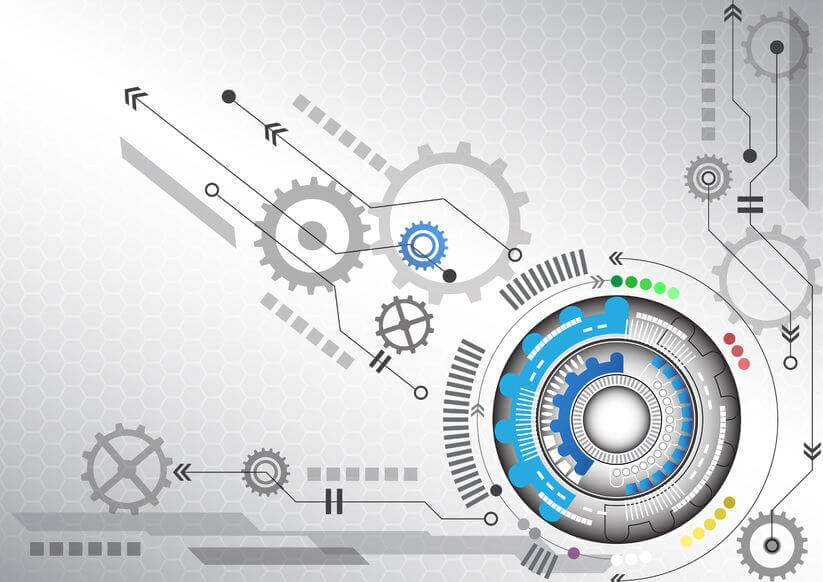By definition, DevOps is a cross-team, collaborative approach to the software development process focused on continuous deployment and automation. It allows for faster development through the use of tools, processes, and the removal of siloed teams. It is one of the best answers to modern software development, especially when companies and consumers expect a constantly improving software that can stay relevant in today’s fast-paced tech market.
Naturally, DevOps encourages the use of automation to help achieve these goals. It just so happens that automation, in every sense of the term, is evolving considerably. Thanks to cloud technology and systems, remote monitoring tools, AI, machine learning, and similar advancements, automation is becoming more accurate and more streamlined than ever before.
As a result, DevOps will not only become more crucial to modern software development projects, it’s makeup will also undergo a transformation like we’re seeing in many other industries. More importantly, the ways in which DevOps teams work and collaborate will see the biggest change.
Execution efficiency and collaboration improvements
Automation — especially in its simplest form — is nothing new to DevOps teams. It’s a vital part of every software development lifecycle from pre-production and design all the way to final deployment.
DevOps unites once notoriously siloed development and operation teams to produce robust software quickly and efficiently. And this is achieved through a variety of tools, processes, and principles that foster continuous operations — many of which are automated and self-governed.
Even so, there are still a ton of manual processes involved, even when teams manage to start automating and continuously integrating. That’s where modern technologies like machine learning and artificial intelligence come in. AI can help swap largely rule-based and human-oriented management processes with self-maintained and near-autonomous systems. This ultimately boosts execution efficiency and optimizes collaboration.
Imagine a deployment process that is designed to launch and monitor progress on its own. If and when problems arise, the AI flags the appropriate code, sends notifications to the right team members, and continues to move forward — either continuing with deployment if the issues are minor or rolling back changes if more serious attention is needed.
Using development metrics in new ways
Throughout the scope of a software development project, you are continuously creating and generating performance data. This could include anything from delivery velocity to bug and security fixes. All of this data can be put to use to extract informative insights. AI and machine learning, when leveraged appropriately, can be taught to look for exactly the kind of information and details you want. They can also be used to discover new ways to use your data.
Want to know if your increase in integrations is responsible for a growing number of bugs? How about what software changes tend to create the most issues?
It could even be used to predict future faults, especially if you have enough data on the root cause or source of common problems.
Optimizing to meet a specific metric or goal
Neural networks — an element of machine learning — can be trained to maximize or optimize individual values. This is completely different than deploying an automated system that simply works toward a known result every single time.
What intelligent automation does is allow a system or process to continue evolving so that each time it achieves the best possible result and can dynamically respond to changes within the environment and even self-heal. This is crucial to DevOps because while you’re focused on implementing optimized and automated practices, there can still be bottlenecks within processes. Additionally, automation is typically confined to particular places in the development cycle, such as scripting or orchestration.
In the case of intelligent automation, the system is already configured to change parameters and adapt. The result is a next-generation autonomous, self-powered, and continuously improving system that operates with little to no external input, eliminating bottlenecks.
Ultimately, machine learning and AI systems can empower next-level automation to improve DevOps processes for the better. Since continuous integration and deployment is the core mission of all DevOps teams, successful rollout of these technologies could mean higher efficiencies, greater reliability, and even less time between deployments.
Sources:
https://jaxenter.com/devops-influencers-interview-series-2-141839.html


Really enjoyed this section and how it breaks down the impact of automation on improving workflows and delivery. It makes the connection between repeatable processes and better outcomes clear, especially around DevOps Automation Testing to catch issues early. I also found a helpful overview here https://mobisoftinfotech.com/services/devops that talks about practical use of DevOps Automation Tools and real‑world automation approaches. The part about evolving infrastructure practices ties in nicely with the ideas shared here.